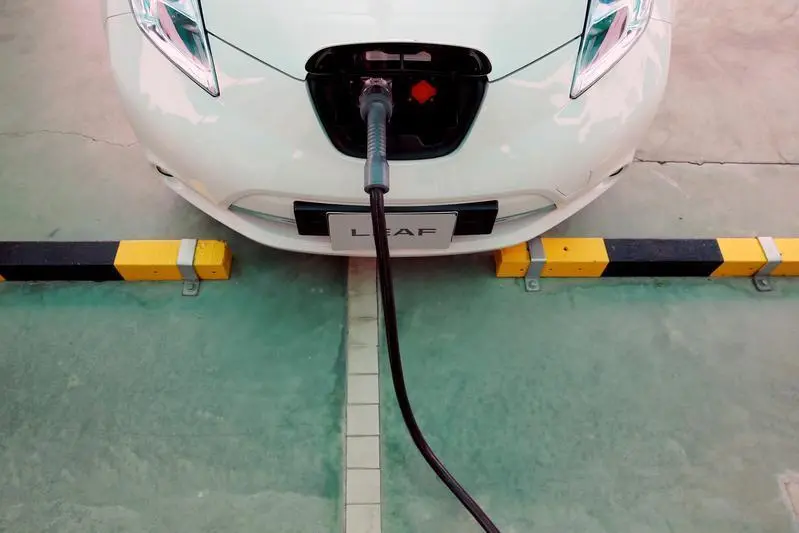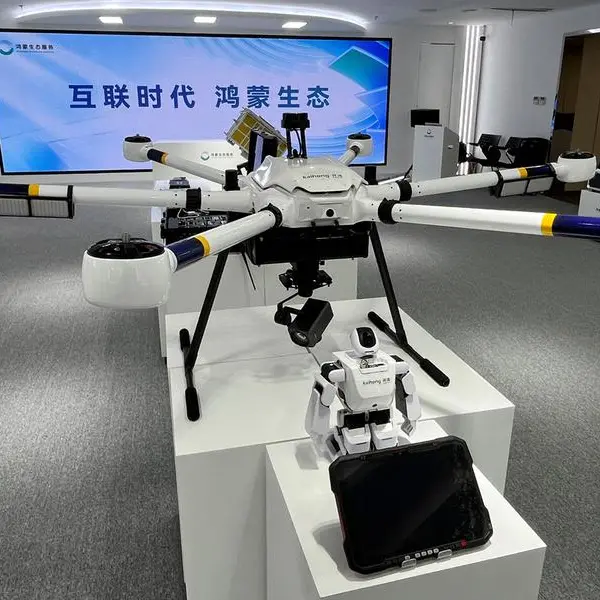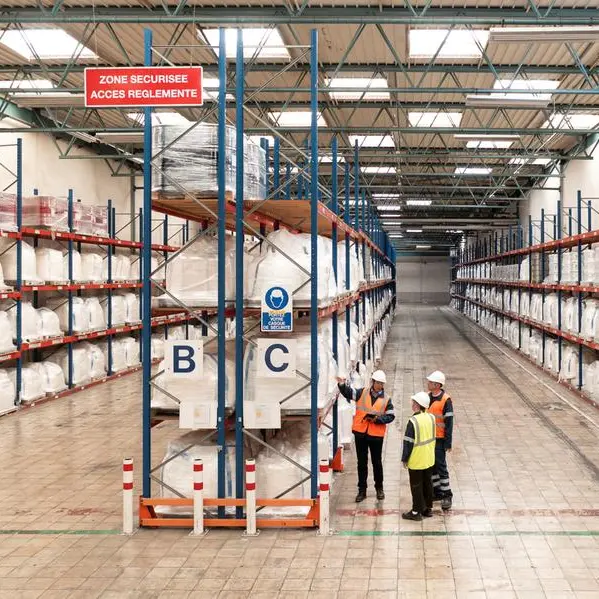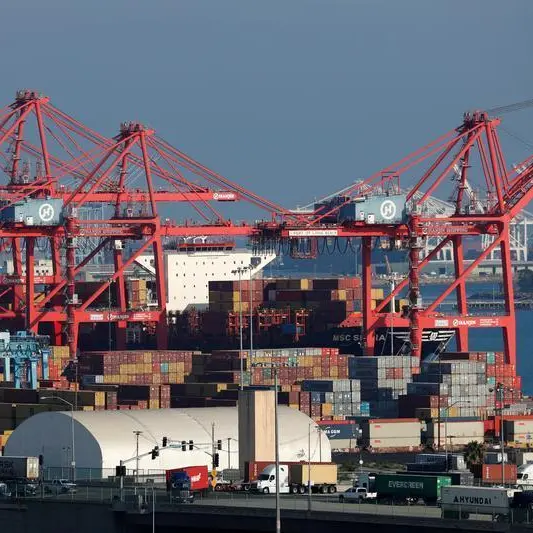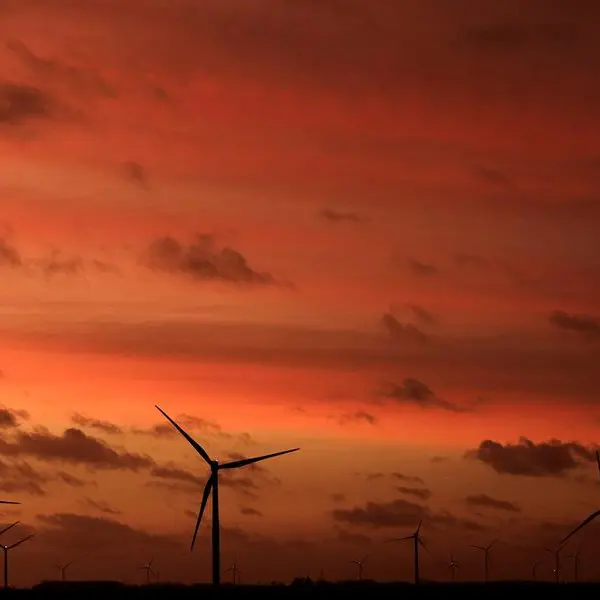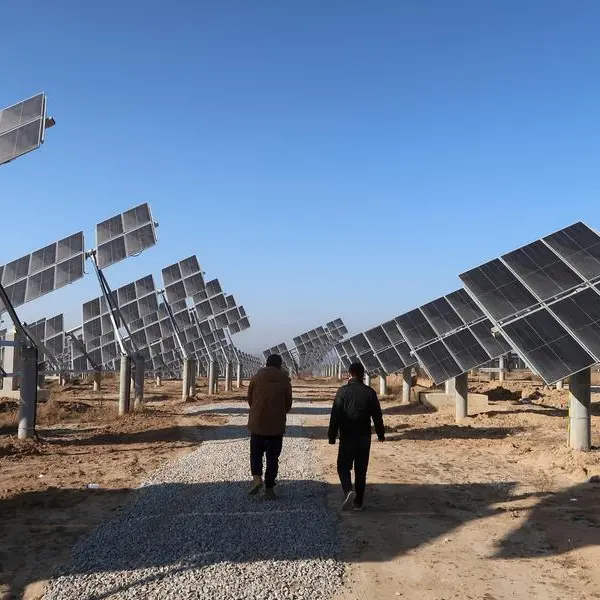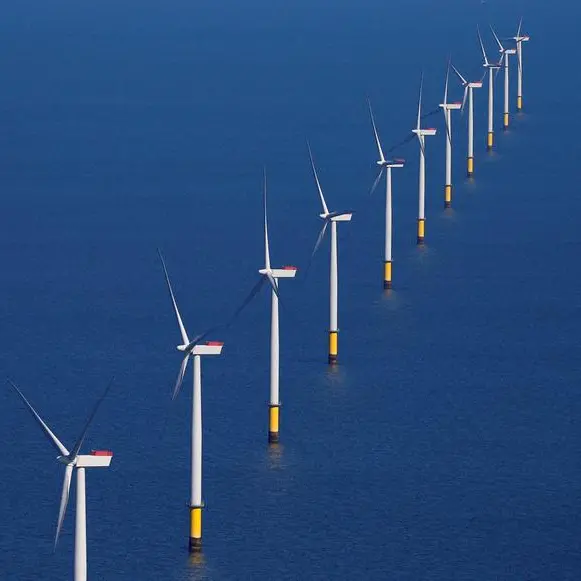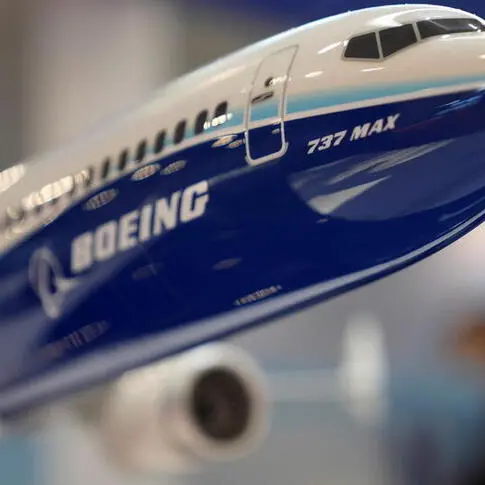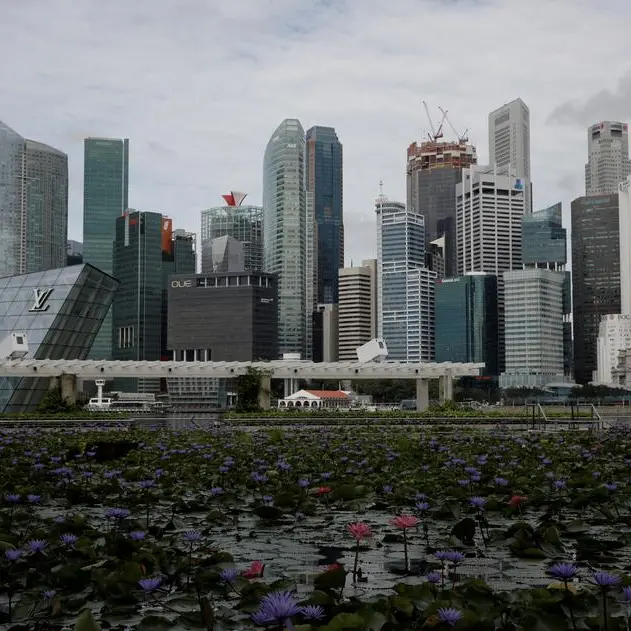PHOTO
LONDON - Indonesian President Joko Widodo has made no secret of his ambition to leverage the country's vast nickel resources to become an Asian hub for manufacturing electric vehicles (EV).
He has been wooing Tesla for the last two years, offering the U.S. car maker incentives ranging from tax breaks to nickel mining concessions.
Now Widodo also needs a free trade agreement (FTA) with the United States for Indonesian materials to qualify for the generous EV subsidies available under the Biden administration's Inflation Reduction Act (IRA).
In September Indonesia asked Washington for talks on a limited trade deal covering EV battery inputs such as nickel and cobalt.
What it got after last week's bilateral meeting was a commitment "to develop a critical minerals action plan (...) with a view toward establishing the foundation to launch future negotiations on a critical minerals agreement".
The joint statement included some pointers as to what the United States expects from that action plan in terms of environmental, social and governance (ESG) standards.
What was only hinted at is the even bigger hurdle facing Indonesia, namely the heavy Chinese foot-print in its nickel production sector.
THE IMPORTANCE OF BEING GREEN
Indonesia has engineered a massive build-out of its nickel sector in recent years to the point the country now accounts for more than half the world's production.
With investment in new processing capacity still pouring into the country, that share will rise to two-thirds by 2032, according to analysts at Benchmark Minerals.
The nickel deposits come with cobalt as a by-product, another hot battery metal, and Indonesia last year overtook Australia and the Philippines to become the world's second largest cobalt producer.
As Indonesia's importance to the battery metals supply chain has grown, however, so has the scrutiny of its ESG credentials.
A group of 19 environmental and charity groups, including Greenpeace and Earthworks, wrote to the White House earlier this month, expressing their concern that any deal with Indonesia would risk "putting forests, Indigenous people and workers at significant peril".
Sure enough, the joint statement stressed that both sides "affirm the importance of strong worker and environmental protections to prevent exploitation and promote sustainability in the international mining sector".
Indonesia is trying to clean up its act, announcing on Friday plans to include nickel shipments in the government's online tracking system as a way of improving governance of the sector.
However, some ESG issues are going to be trickier.
Much of Indonesia's nickel carries a heavy carbon foot-print due to the country's reliance on a coal-fired power system and the nature of some of the processing routes being used to convert low-grade ore into battery-grade metal.
FOREIGN ENTITY OF CONCERN
The most intractable hurdle, though, is probably the one that was only vaguely referenced in last week's statement.
The two presidents recognised not just the importance of Indonesia's nickel sector but also "the United States' significant critical mineral resources and the Biden Administration's commitment to developing the full U.S. critical mineral supply chain."
The IRA not only makes tax credits conditional on domestic or FTA partner sourcing but excludes battery inputs derived from a foreign entity of concern (FEOC).
The whole point of the linkage, according to its architect Senator Joe Manchin, is to "help end China's domination of various mineral commodities and supply chains".
Writing to Department of the Treasury Secretary Janet Yellen, Manchin urged the imposition of "the strictest possible standards for FEOCs to ensure the minerals in electric vehicles are, to the greatest extent possible, sourced in the United States or from legitimate allies."
This is a big problem for Indonesia. Chinese companies, led by the pioneering Tsingshan Group, have been the drivers of the country's ascent to the world's top nickel producer.
And they continue to invest. Benchmark Minerals projects that by 2032 over half Indonesia's refined nickel output will come from Chinese-owned companies.
A limited trade agreement on critical minerals could become an even more restricted deal if it were to apply only to non-Chinese material streams.
SUBSIDY RACE
While Indonesia faces slow-track talks about talks, others are rushing to capitalise on the IRA's spectrum of clean energy subsidies.
Global commodities trader Trafigura last week signed a $140 million investment agreement with Korea Zinc to build and part-finance a nickel refinery in Ulsan, South Korea.
The "all-in-one" plant will be able to process a range of nickel feedstocks to produce battery-grade nickel and cobalt sulphate.
Trafigura will supply between 20,000 and 40,000 metric tons a year of raw materials and have a corresponding right to the finished product.
The agreement, Trafigura said, is designed to "address global regulations such as the US Inflation Reduction Act (IRA)".
South Korea has the advantage of having had an FTA with the United States since 2012.
Even with that edge, parts of the country's EV battery chain may still struggle to qualify for IRA subsidies due to the degree of overlap with Chinese companies.
"I am incredibly concerned by recent reports that suggest Chinese battery companies are actively pursuing business opportunities and arrangements, including joint ventures and investments, in South Korea and Morocco to take advantage of the IRA," Manchin wrote, warning against what he termed "mineral laundering".
The best bet is that the United States will apply the same FEOC rules to minerals as to semiconductor chips, setting a tight bar of 25% to define problematic ownership.
That would spell trouble for parts of South Korea's battery chain, albeit not for the new nickel refinery.
But it's a salutary warning for Indonesia as it looks to become one of the world's great green manufacturing hubs.
Even aggressively cleaning up its ESG credentials is only part of the challenge it faces if it's going to produce Teslas for the U.S. market.
The opinions expressed here are those of the author, a columnist for Reuters.
(Editing by Emelia Sithole-Matarise)
